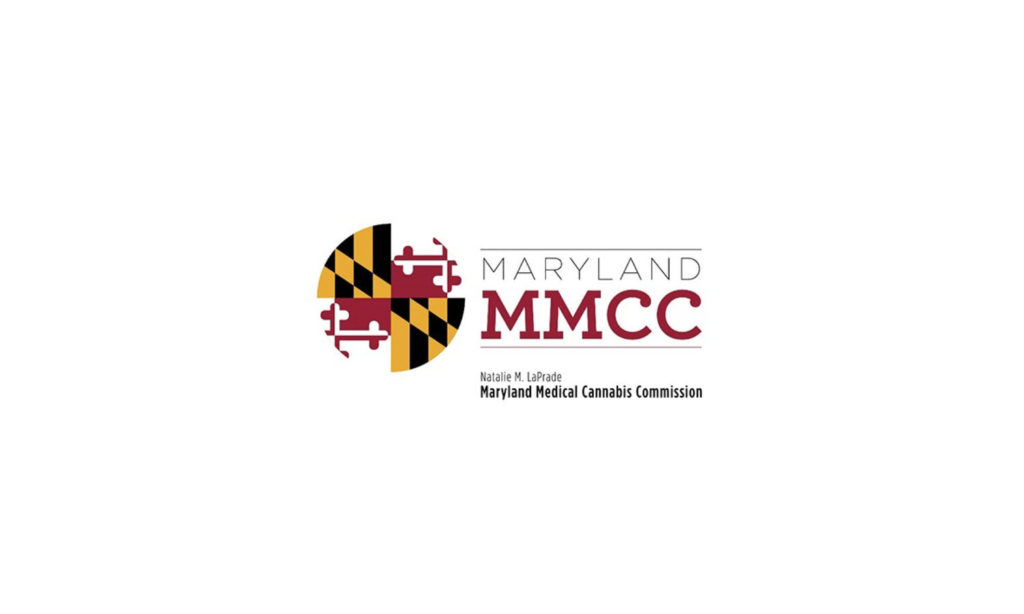This month’s Maryland Medical Cannabis Commission (MMCC) meeting, held on March 25 over teleconference due to COVID-19, was the second meeting this year that did not address what most of the Maryland cannabis industry is discussing: The ongoing Cheryl Glenn scandal.
Since last month’s February 20 meeting, businessman Lance Lucas pleaded guilty to bribing former delegate Glenn for among other things, her help in securing medicinal cannabis licenses. It’s a strange and slimy saga The Outlaw Report has covered closely. It’s also a scandal that has, as more information was revealed, gotten closer to the MMCC. Namely, Lucas’ guilty plea references MMCC chair Brian Lopez—though not by name—when it describes an August 2018 meeting in which Lucas and members of a yet-to-be-named cannabis company met with the MMCC chair at Glenn’s request. Glenn was later given money by Lucas for setting the meeting up.
It is something that industry insiders The Outlaw Report has spoken to are surprised the MMCC hasn’t addressed, if only to clarify that nothing improper happened. So far, the only comment from the MMCC regarding the Glenn scandal came from William Tilburg, the MMCC executive director who ensured, days after Glenn pleaded guilty in January, that Glenn’s corruption did not influence any decisions made by the commission.
Despite this additional information, March 25’s MMCC meeting, like the MMCC’s February meeting (the first meeting since Glenn’s indictment and guilty plea) made no reference to the Glenn scandal. It was, for the second meeting in a row, business as usual.
Tilburg began his Executive Director’s Report by addressing the shortened Maryland legislative session due to COVID-19 and highlighting three medicinal cannabis-related bills that were able to pass before session ended.
There was House Bill 378/Senate Bill 304 which, Tilburg explained, “adds physicians’ assistants to the list of qualifying, certifying providers” and House Bill 617, regarding patients that are minors’ access to medicinal cannabis. HB 617 was amended together with House Bill 331 (or “Connor’s Courage”) in reference to 15 year-old Connor Sheffield, who takes THC tincture for an autoimmune disease and currently must leave school grounds to do so.
“[HB 617] expressly authorizes minor patients to access medical cannabis while they’re in school. This is effective June 1. Caregivers, parents or guardians, or other adults designated as a parent or guardian will be able to go onsite to the school when they resume in order to administer the medical cannabis,” Tilburg said. “And then beginning December 31 of 2020, the commission along with the Maryland State Department of Education have to implement guidelines to authorize certain school personnel to administer the cannabis on school grounds enabling parents and other guardians not to do that.”
Tilburg also mentioned House Bill 870, which will fund the Compassionate Use Fund, a program that allows Marylanders who are enrolled in the Maryland Medical Assistance Program or the Veteran Affairs Maryland Health Care System to purchase medicinal cannabis at a lower cost.
“The Commission has also agreed to dedicate some of its own operating funds to that purpose,” Tilburg said. “In the final weeks before the bill passed, Delegate [Joseline] Pena-Melnyk also accepted an amendment that we had requested to rename the act the Fakiza Rahman Act.”
Fakiza Rahman was the MMCC’s Director of Program Analytics and Quality Assurance who died earlier this month.
“We think this a tremendous tribute to her and her hard work. No one is more responsible for the 95,000 patients able to be signed up and obtain medical cannabis in the state than Fakiza was, helping folks that are terminally ill, severely ill, in real times of need getting, working them through the application process getting them access to medical cannabis,” Tilburg said. “Fakiza was ultimately a patient herself as she suffered with cancer over the past two years.”
The commission also voted on the approval of one dispensary and three cannabis-related businesses (a delivery company and two security companies). The approval of the dispensary, gLeaf in Rockville, MD, operated by Sugarloaf Enterprises was the most fascinating part of the meeting, illustrating how business-friendly the MMCC is when it comes to dispensary approvals.
Sugarloaf Enterprise’s application for a dispensary license was awarded in December 2016. And Sugarloaf had gone through all of the steps including offering audited financial statements, having its financial statements, criminal history reports, and application materials reviewed by the MMCC’s Bureau of Enforcement and Compliance and completing inspections of its premises.
There is one problem, noted MMCC commissioner Nancy Rosen-Cohen: Sugarloaf is “the subject of litigation over ownership of the applicant entity.” As of September 2019, Rosen-Cohen explained, the Circuit Court of Montgomery County “entered judgement resolving certain disputes as to ownership of the applicant entity” but since then, that judgement has been appealed.
“If the underlying order entered by the Circuit Court of Montgomery County on September 27 is in any way overturned or amended upon review by the Court of Special Appeals, the commission should revisit this matter and may take action necessary to reconcile the licensing matter,” Rosen-Cohen said.
According to Maryland Case Search, the Court of Appeals will review the case involving Sugarloaf Enterprises on April 1. And so for a few days, a dispensary whose ownership is still in dispute is, for the time being, approved.
The next MMCC meeting, which will also be held via teleconference is on April 22 at 2 p.m.

